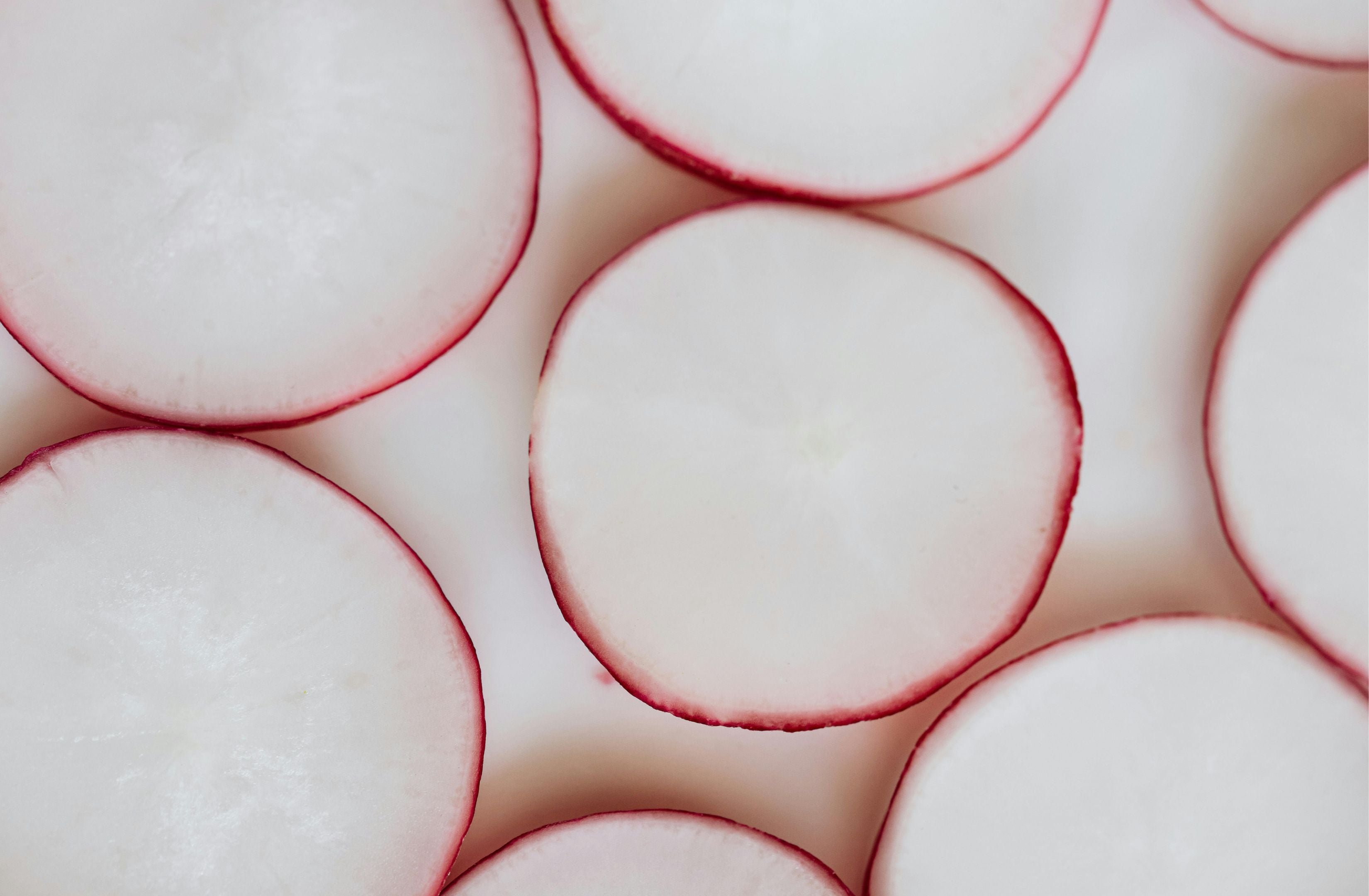
UNDERSTANDING DETOXIFICATION: SEPARATING MYTH FROM REALITY
Detox programs are often promoted as solutions to eliminate toxins, manage autoimmune diseases, reduce inflammation, alleviate fibromyalgia, combat chronic fatigue syndrome, and facilitate weight loss [3]. In a market flooded with detox programs, it’s crucial to discern between evidence-based approaches and those that merely promote laxatives under the guise of detoxification. Many products and diets claim to eliminate toxins, yet often lack scientific backing. This article explores the scientific basis of detoxification, highlights the most effective foods for supporting this process, and discusses the potential risks associated with detox diets.

WHAT IS DETOXIFICATION?
At its core, approaches to detoxification generally exploit pathways that promote the elimination of chemicals and their by-products in urine, faeces, or sweat. In the context of commercial detox diets, the term 'toxin' has adopted a much more ambiguous meaning, encompassing environmental pollutants, synthetic chemicals and additives, heavy metals, processed food, and other potentially harmful products of modern life [3].
The human body has developed highly sophisticated mechanisms for eliminating toxins. The liver, kidneys, gastrointestinal system, skin, and lungs all play vital roles in excreting unwanted substances. Detoxification pathways include converting chemicals to less toxic forms, making them water-soluble to eliminate via urine, or binding them with glutathione (a powerful antioxidant) for gastrointestinal elimination. Specific enzymes in our body regulate this conversion to a less toxic forms. Research shows that some foods can help activate enzymes that reduce the buildup of harmful substances in our bodies [1].
DO DETOX DIETS REALLY WORK?
It is important to consider that most detox protocols to flush out toxins have not been clinically evaluated [3]. When it comes to modern and mainstream detox protocols, there is no conclusive evidence to support their use for removing toxic substances from the body within a specific timeframe. Positive testimonials often arise from the elimination of processed foods and a temporary improvement in diet quality, which can result in weight loss mainly due to laxative effects and loss of water weight [2].
Nevertheless, preliminary studies suggest that some nutritional components may have detoxification properties. Therefore, a more practical approach is to adopt a healthy overall diet—choosing organic produce and limiting sugary and processed foods—and include foods that support the proper functioning of your liver and other detoxification systems.

TOP FOODS WITH THE MOST RESEARCH TO SUPPORT DETOXIFICATION CLAIMS
Cruciferous Vegetables
Cruciferous vegetables include broccoli, cauliflower and Brussels sprouts. These vegetables contain specific sulphur-containing compounds that protect living cells from harmful toxins [1].
Root Vegetables
Dietary root vegetables include radish, carrot, beets, and ginger. Garlic, onion, and scallion also belong to this category. These vegetables are known for their nutrient-rich profiles and potential detoxification benefits [1,4,5].
Citrus Fruits, Berries, Grapes, And Pomegranate
These fruits are rich in flavonoids, compounds recognised for their health benefits. Research shows that flavonoids can stimulate an intestinal enzyme called UDP-glucuronosyl transferase 1A1, which plays a crucial role in detoxifying substances that could lead to colon cancer.
Additionally, phenolic compounds—chemicals with antioxidant properties—further support detoxification by neutralising harmful substances and protecting essential cellular components like proteins, fats, and DNA [1,3].
Green And Bitter Leafy Greens
Studies have shown that green vegetables such as spinach, cabbage, and kale are effective at removing heavy metals [5,6].
Green Tea
Green tea boasts a high concentration of polyphenols, especially epigallocatechin-3-gallate (EGCG), which play a crucial role in regulating detoxification enzymes. Compared to black tea, green tea is superior, containing five times the concentration of these beneficial compounds [1].
Chlorella
Chlorella, a type of green algae, contains metal-binding proteins called metallothionein that help detoxify metals like mercury and lead. It also aids in removing some persistent organic pollutants (POPs)—harmful industrial chemicals used in products such as pesticides and electrical equipment—that accumulate in fat tissue. Although many POPs have been banned since the 1970s due to their links to serious health issues, they still persist in the environment. A 2012 study by the European Food Safety Authority found detectable levels of POPs, including pesticides, in most food products, especially fish, meat, and dairy products, although these levels are decreasing due to more stringent regulations [1,3].

THE MEDICINAL PLANT APPROACH
Some detoxification protocols also focus on the anti-parasitic properties of medicinal plants (the ability of medicinal plants to fight off parasites). Depending on the specific goal of the detox program, various blends of herbs with general antimicrobial properties or specific anti-parasitic effects are used. Examples of medicinal plants with anti-parasitic activities include ginseng, moringa, Centella asiatica (also known as gotu kola), rosemary, and Ginkgo biloba [7]. These plants help cleanse the body by eliminating harmful parasites and promoting overall health.
RISKS OF DETOX DIETS
The main health risks associated with detox diets include severe calorie restriction, which can lead to nutritional deficiencies. Additionally, detox dieters are at risk of overdosing on supplements, laxatives, and diuretics, potentially causing serious health complications [3].
If you experience symptoms that may suggest a problem with your body’s detoxification process—such as persistent digestive issues, skin conditions, recurrent infections, or chronic fatigue—it is crucial to consult a qualified professional before starting any detox program. Be cautious of exaggerated claims about rapid weight loss, as they can be misleading and harmful. Prioritize safety and well-being over quick fixes.True wellness comes from a balanced and sustainable approach, not from drastic measures that promise immediate results.
BOTTOM LINE
While certain foods and medicinal plants may aid in detoxification, the support for commercial detox protocols is limited. The most sustainable and effective approach is to focus on a healthy diet that naturally supports your liver and other detoxification systems. Your body is equipped with its own detoxification mechanisms, and with the right nutrition, including responsible supplementation, you can enhance this natural process. If you have concerns about your body's ability to detoxify, consult a healthcare professional before starting any detox regimen.
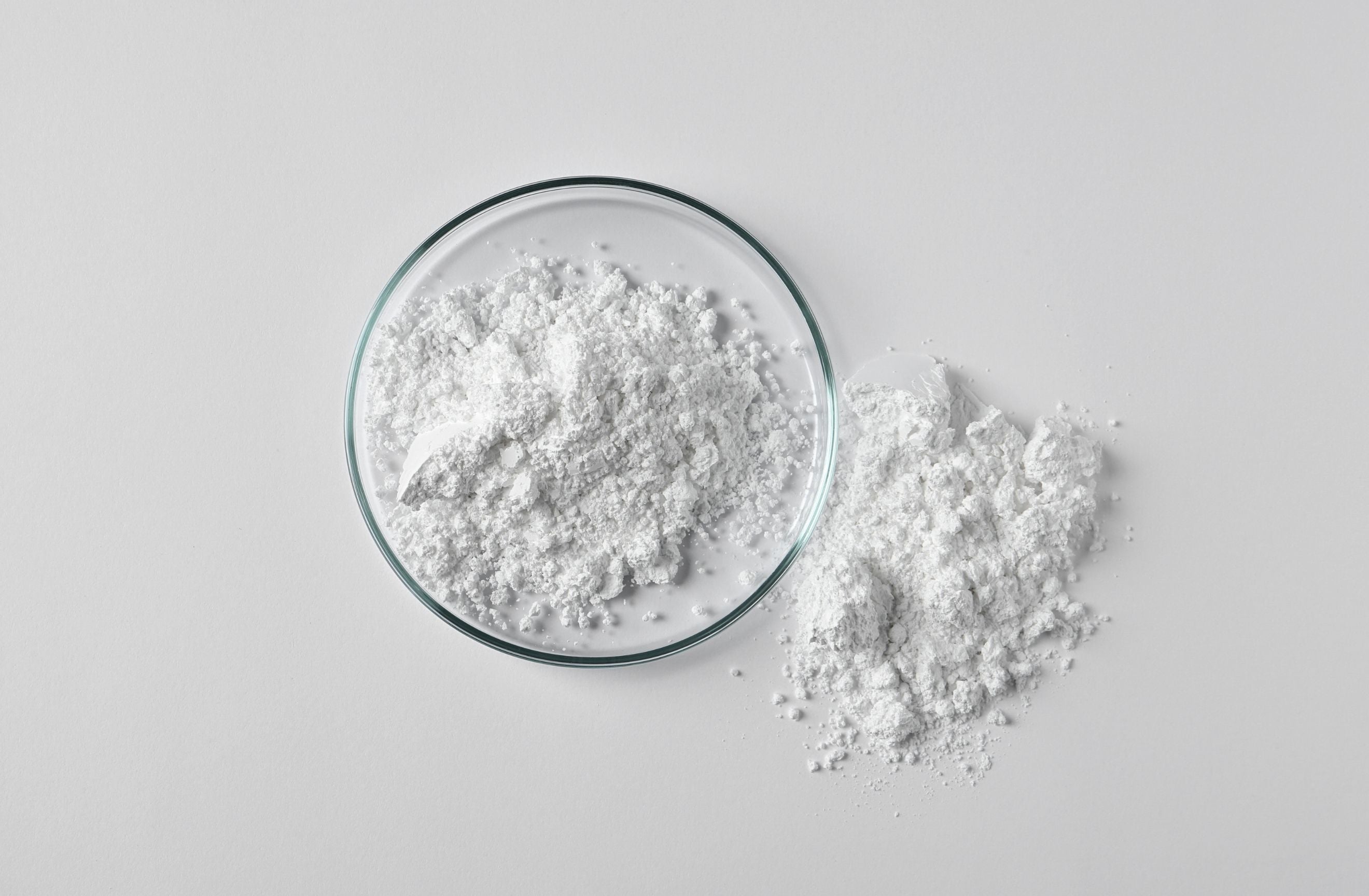
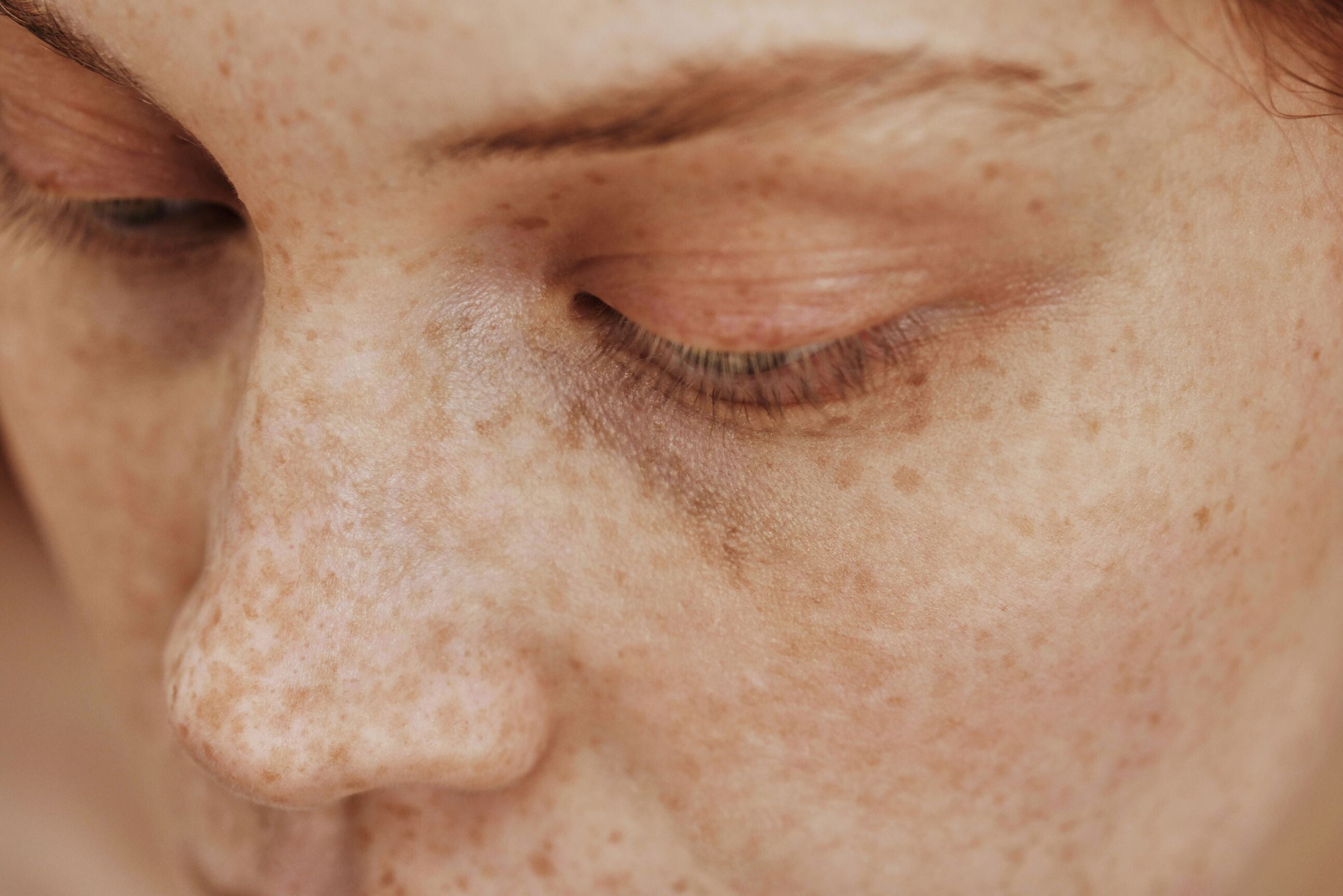
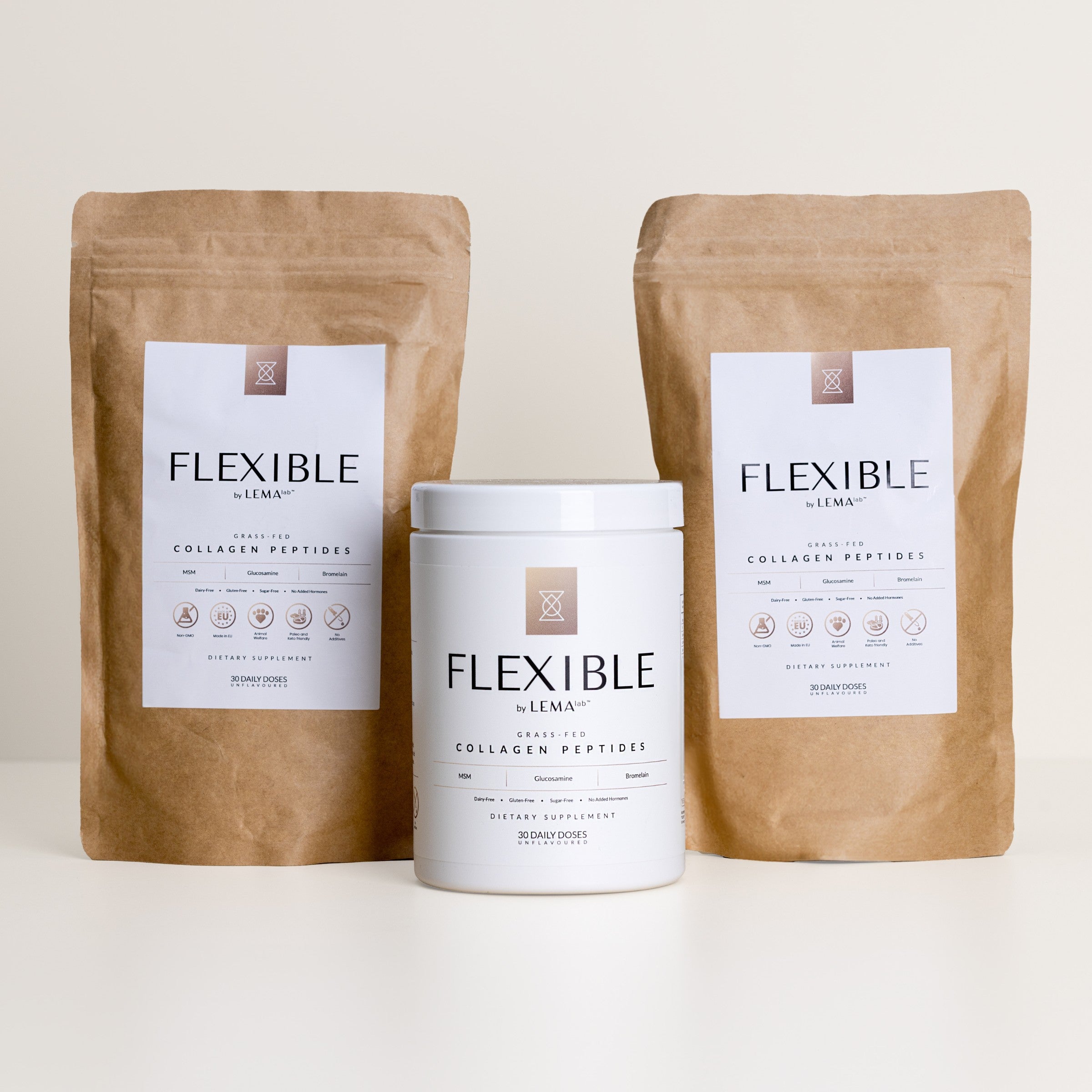
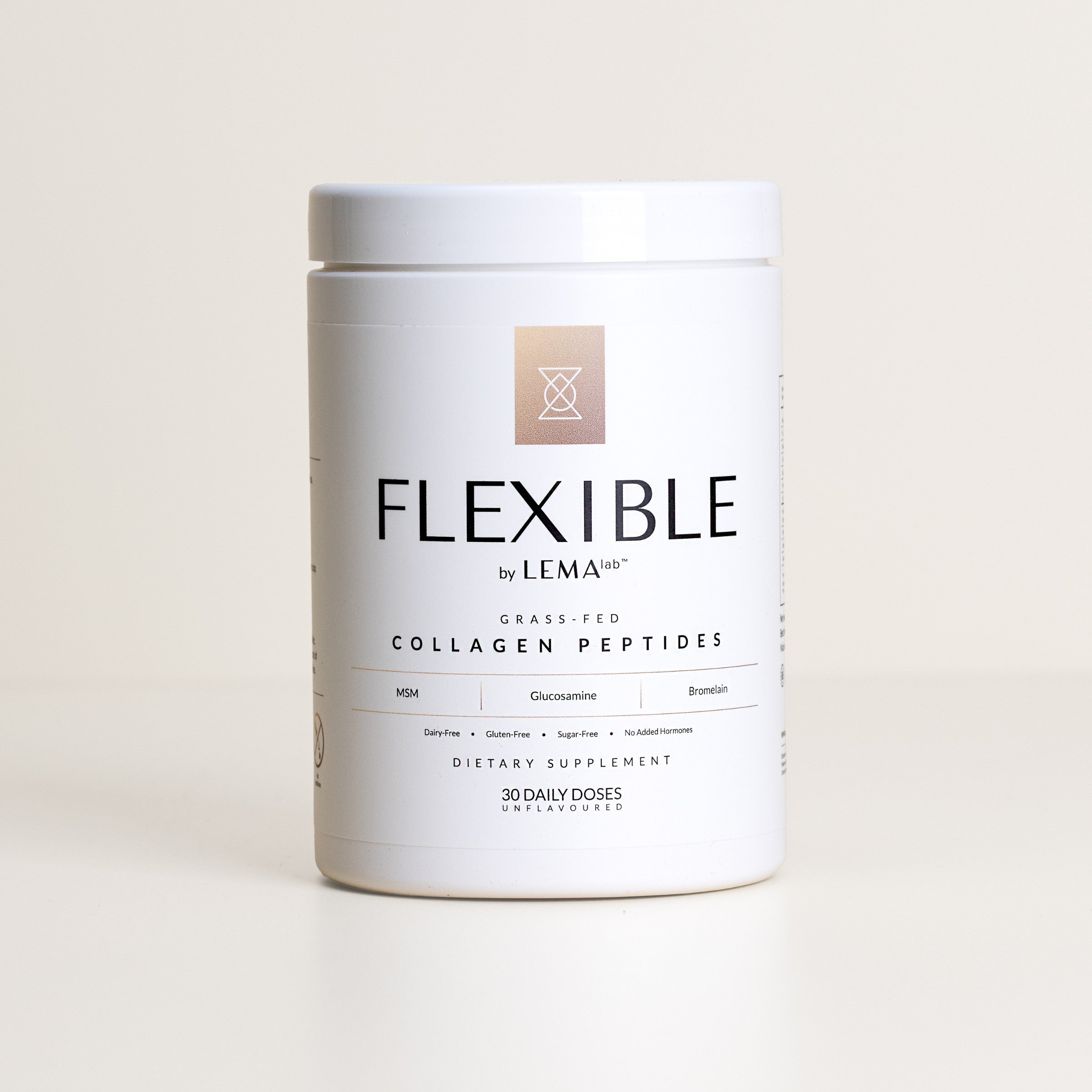
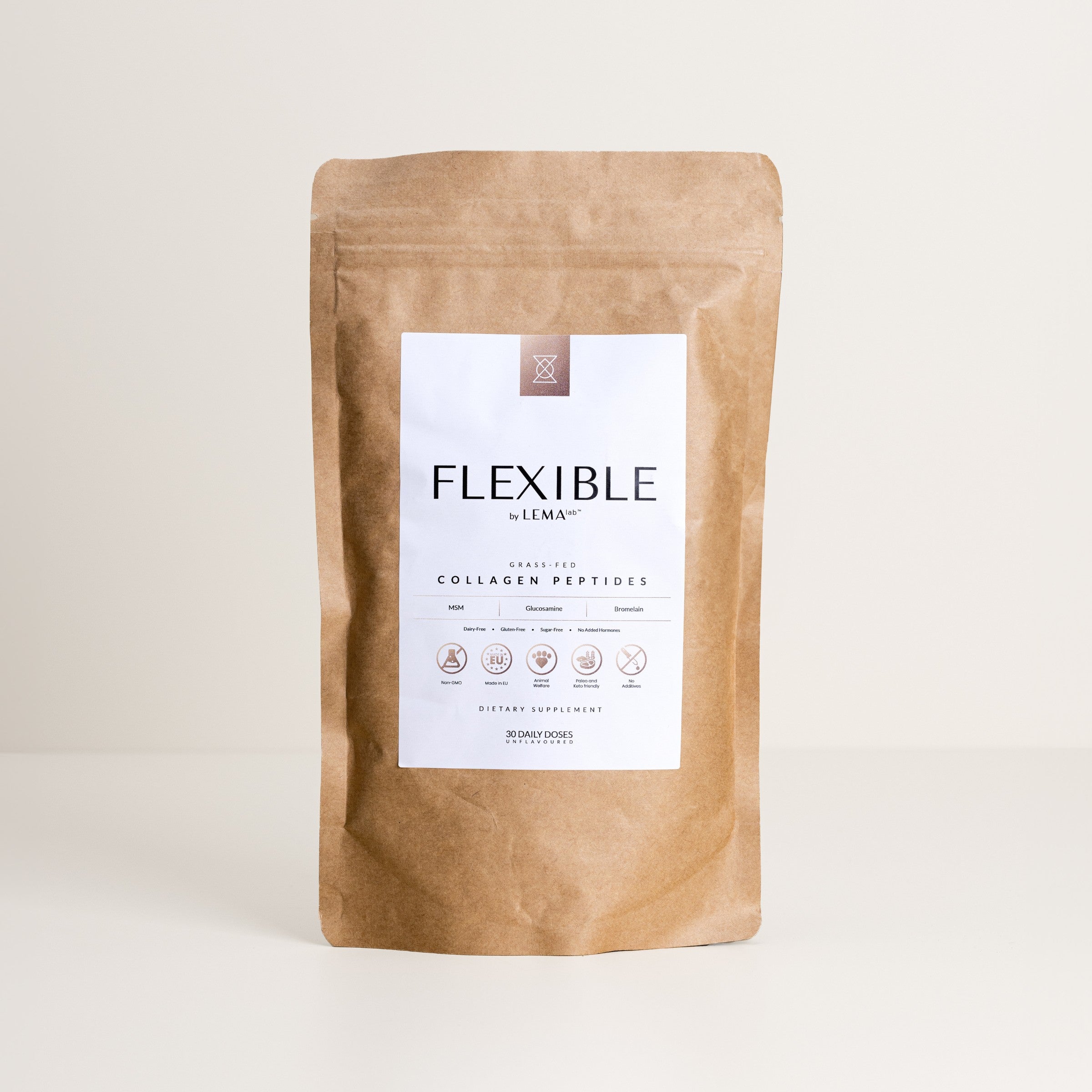
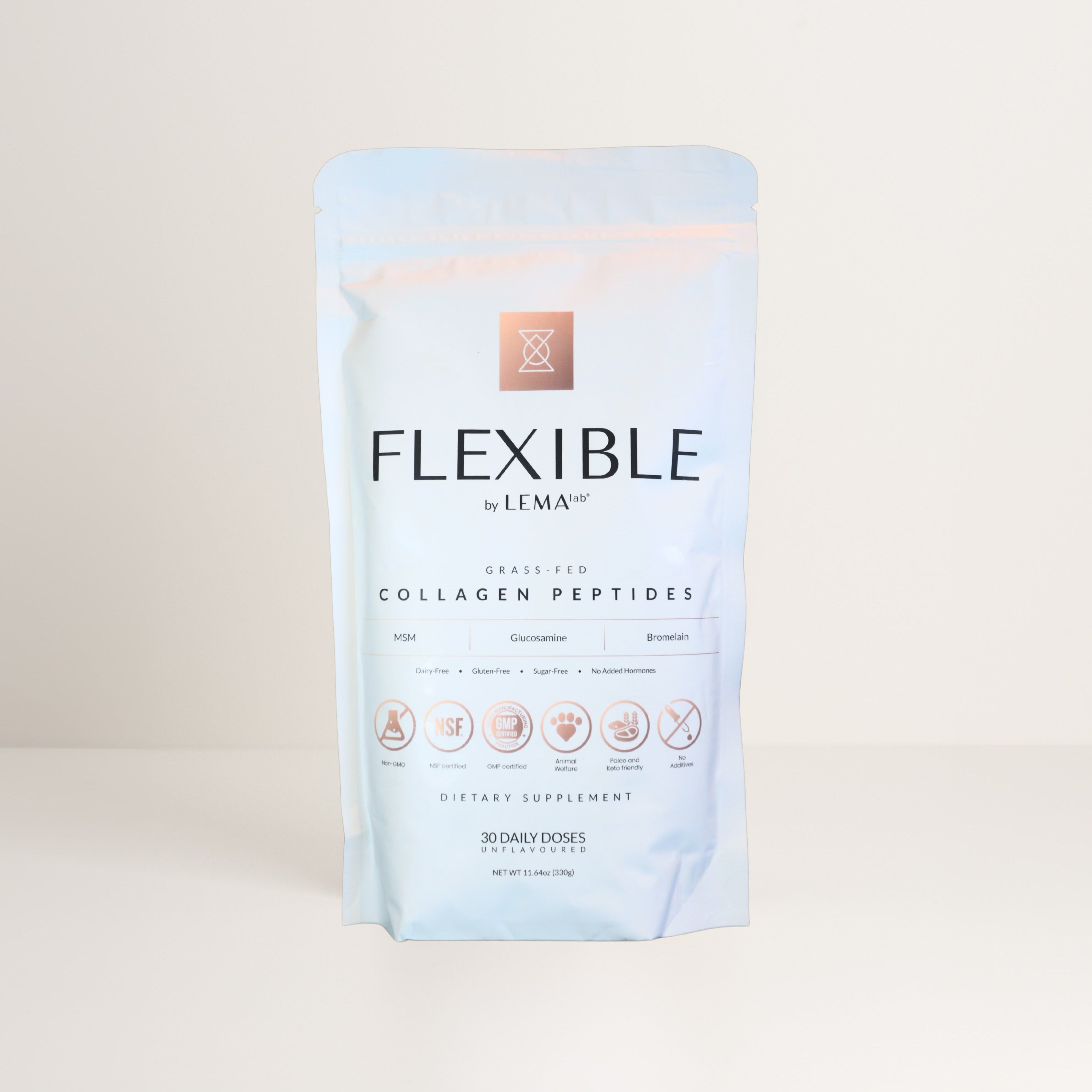
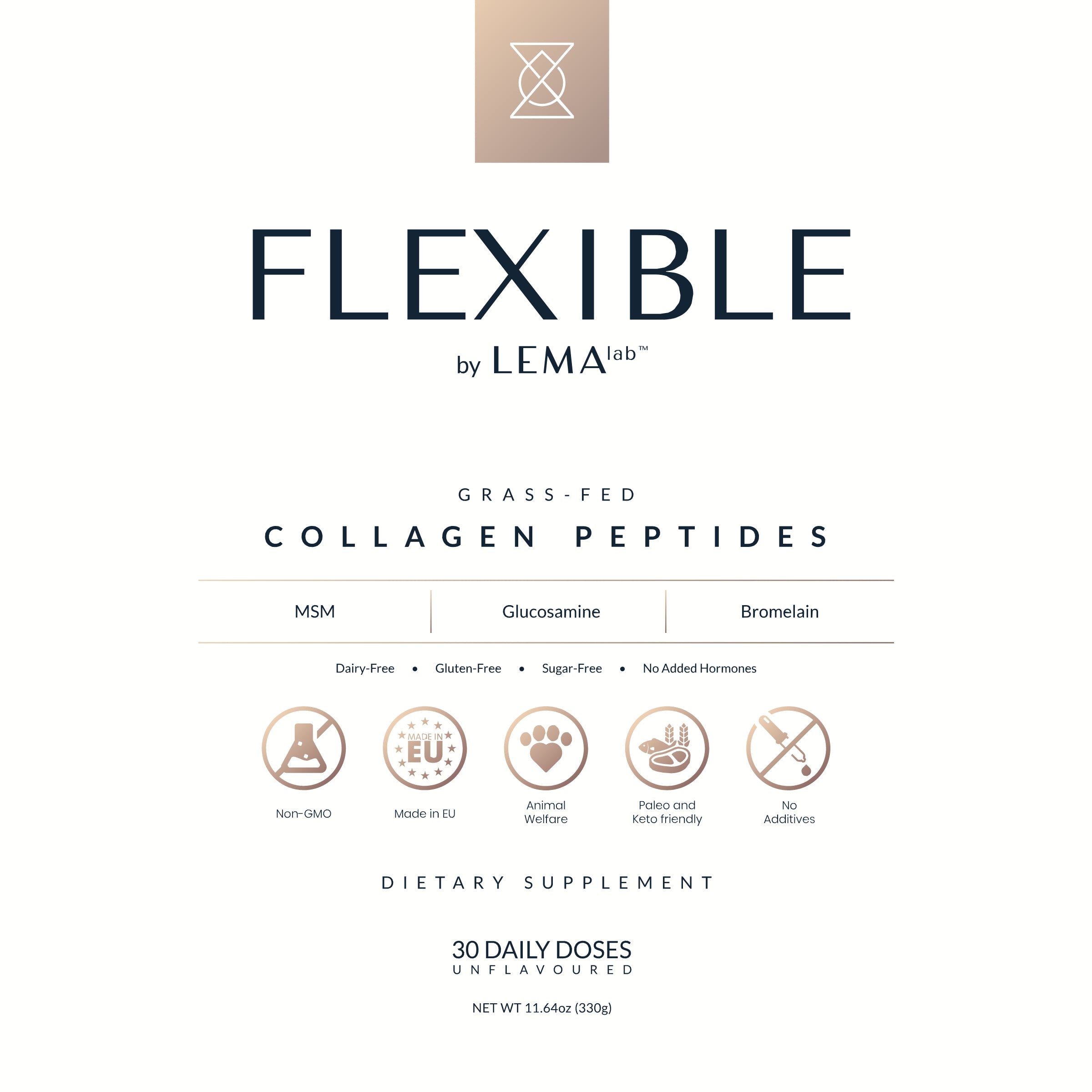
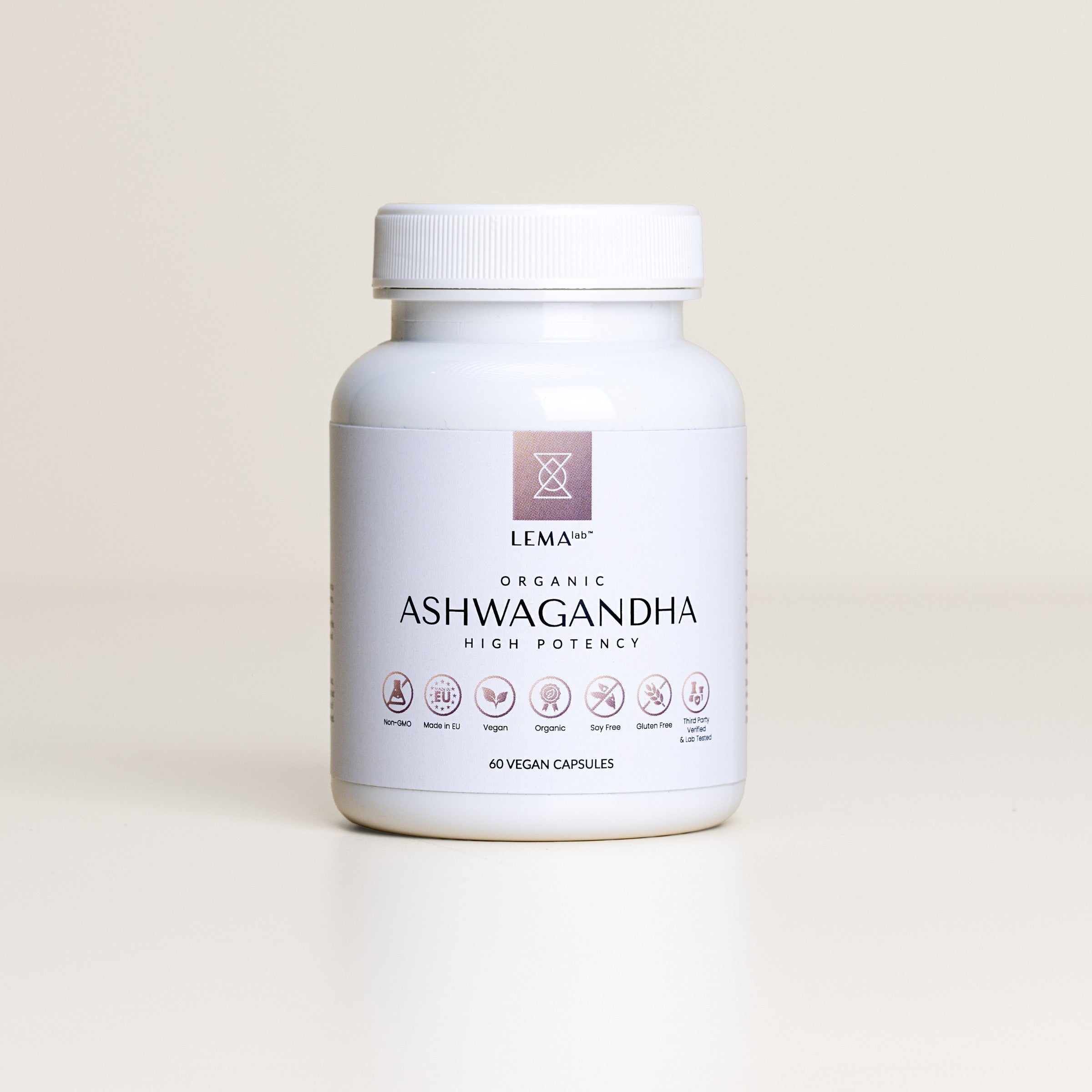
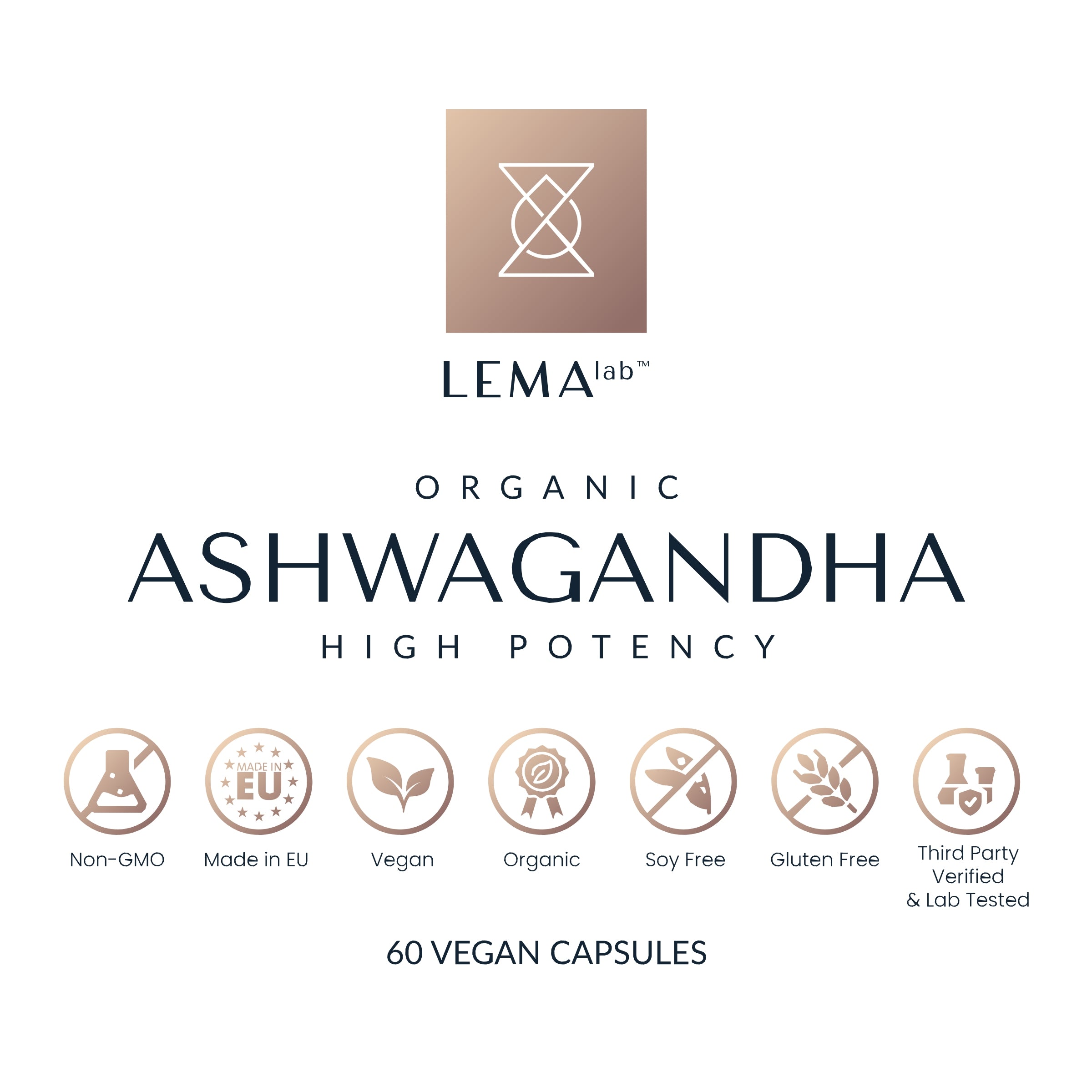
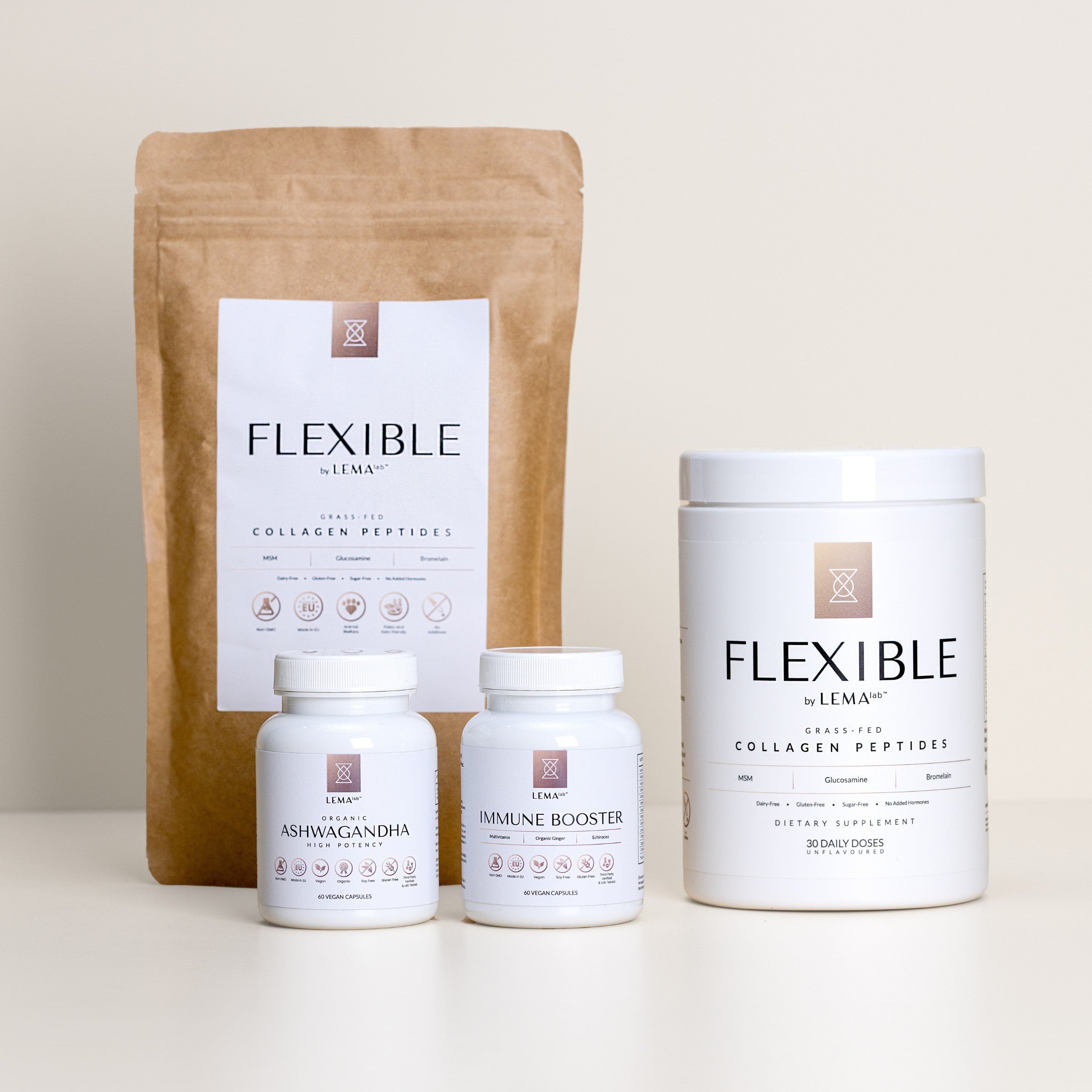

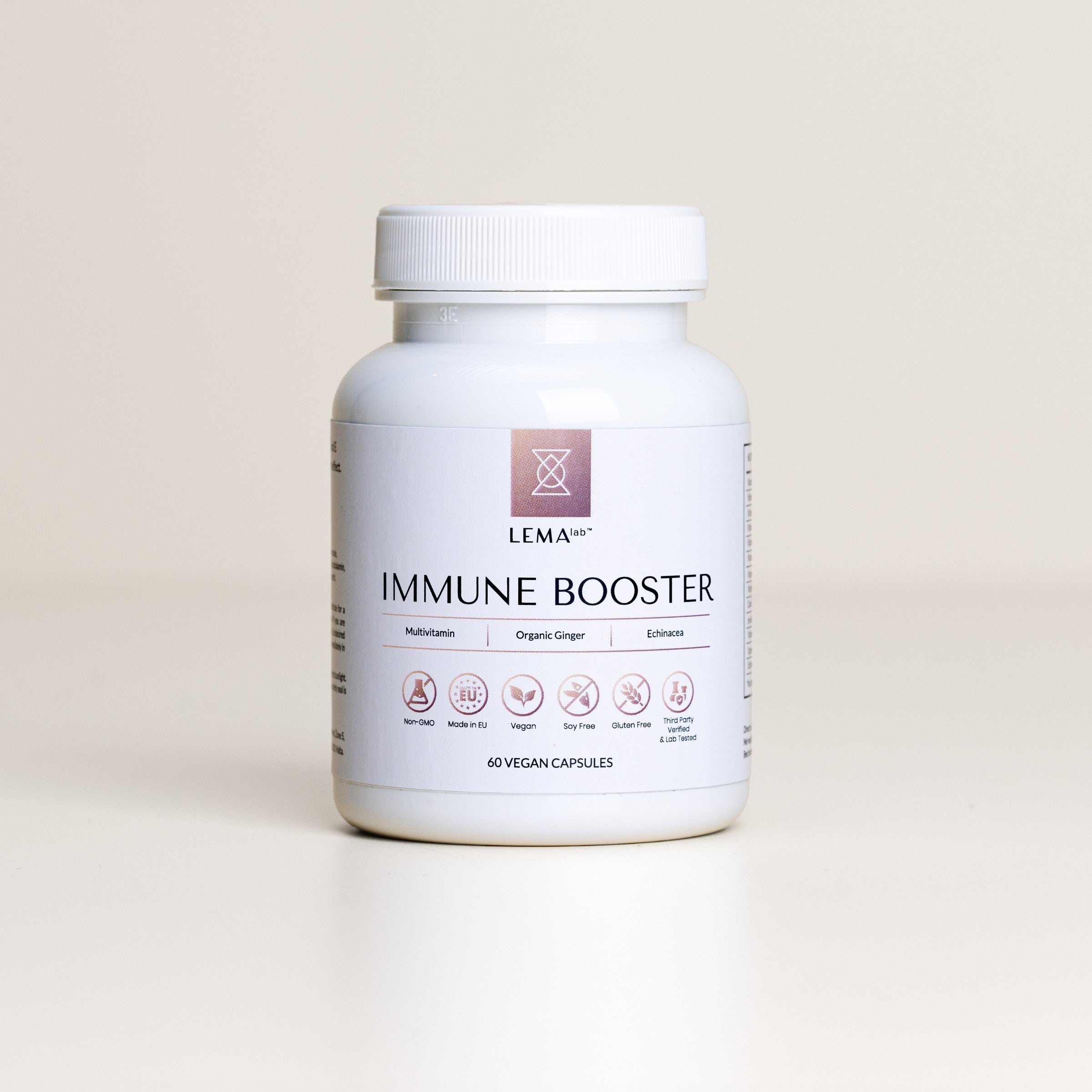
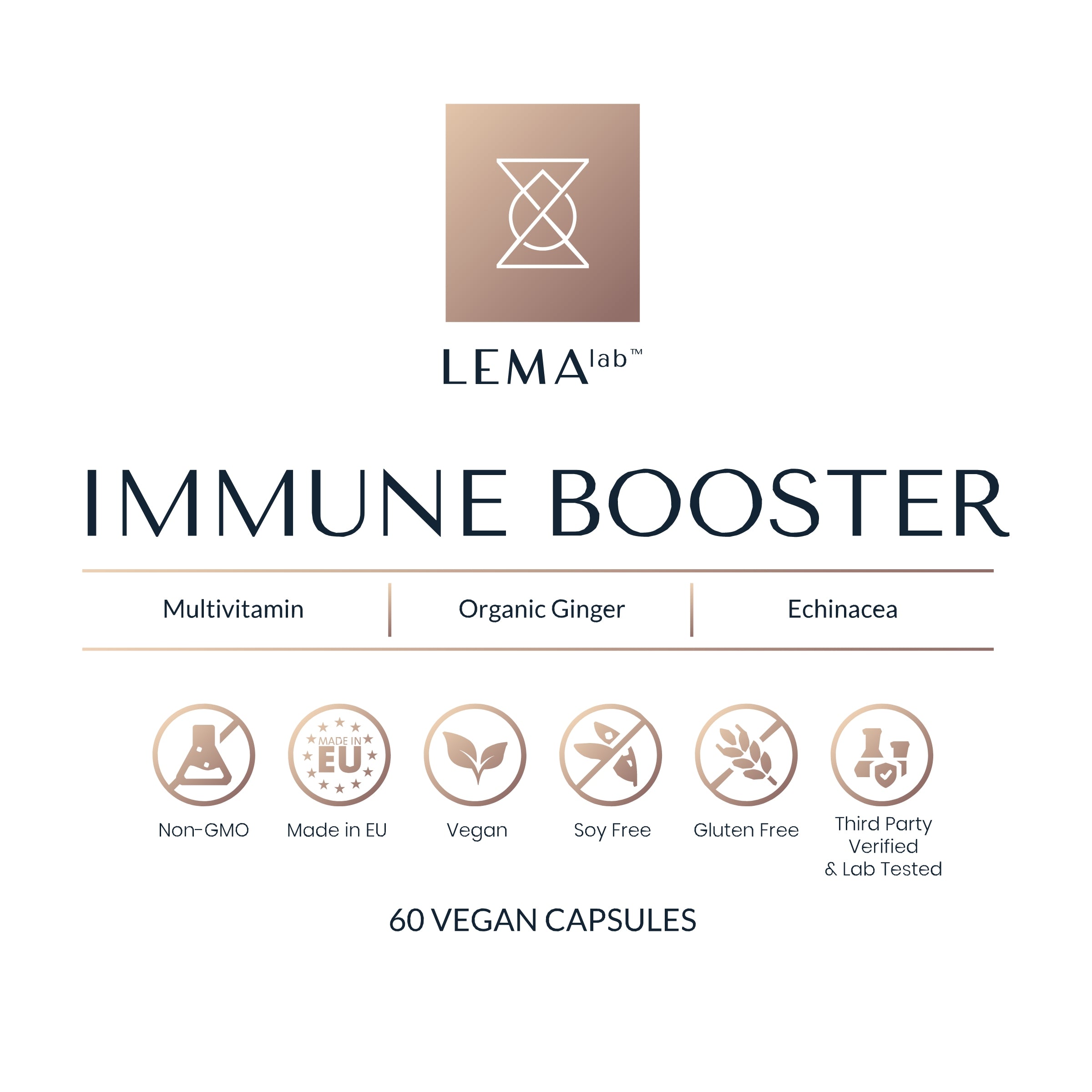
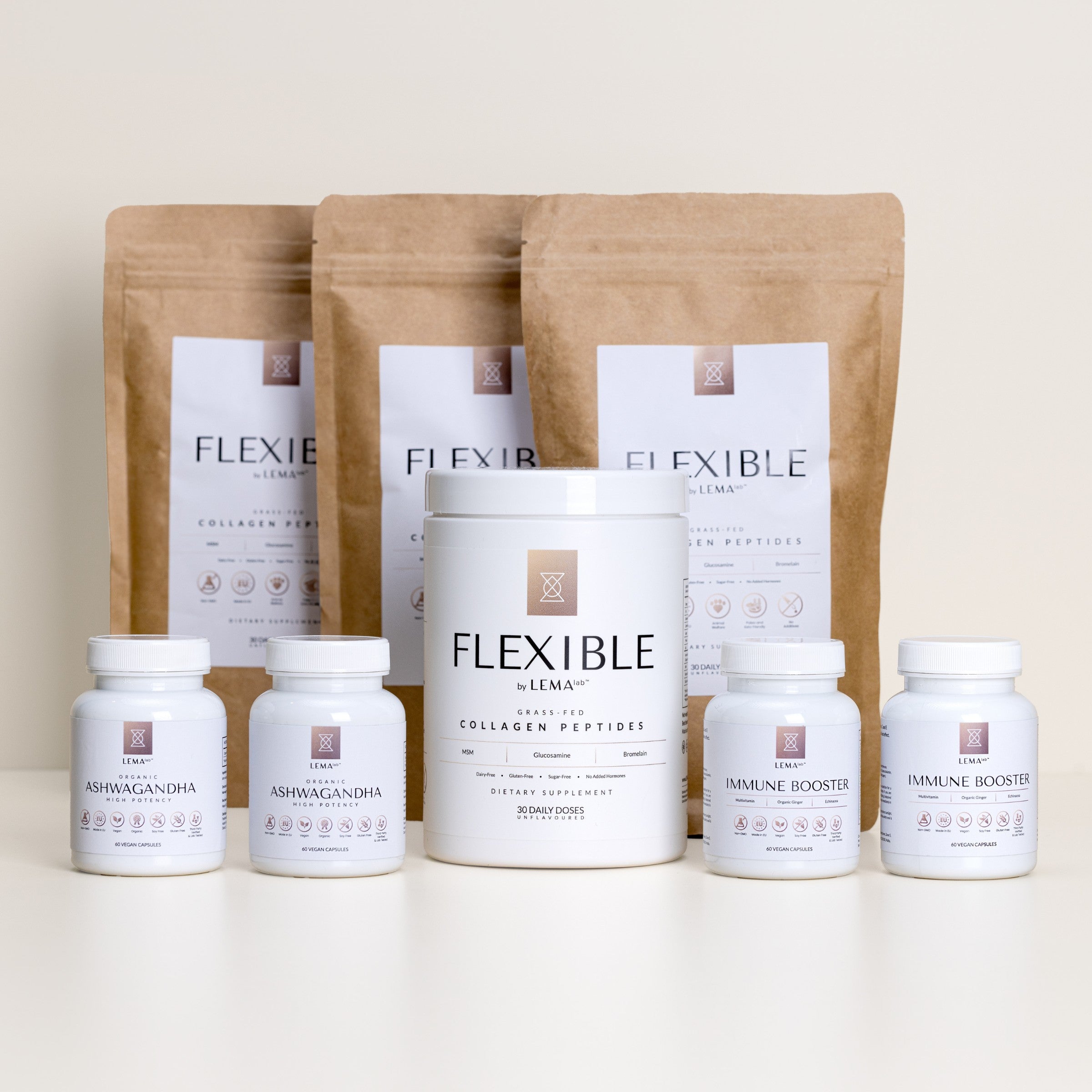
Leave a comment
This site is protected by hCaptcha and the hCaptcha Privacy Policy and Terms of Service apply.